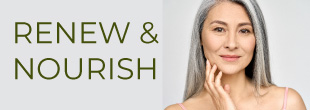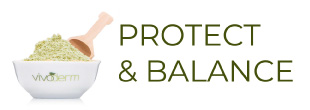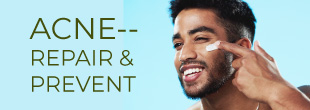Acne Terms and Causes
Acne: Words to Know
Androgen:
A male sex hormone found in both males and females.
Anti-androgen:
A drug that slows down the production of androgens.
Antibiotic:
A drug that kills bacteria.
Comedo:
A hard plug that develops in the pores of the skin composed of sebum and dead skin cells. The mildest form of acne.
Comedolytic:
Drugs that break up comedos and open clogged pores.
Isotretinoin:
A drug that decreases sebum production and dries up acne pimples.
Sebum:
An oily material produced by sebaceous glands that keeps the skin moist.
Tretinoin:
A drug that increases the rate at which skin cells are formed and die.
CAUSES
________________________________________
The exact cause of acne is not known, however, several risk factors have been identified.
• Age. Because of the effect of sex hormones, teenagers are quite likely to develop acne.
• Cosmetics. Make-up and hair sprays that contain oils can make acne worse.
• Diet. Acne is not caused by diet, but some foods can make the disease more serious.
• Disease. Hormonal disorders can increase the severity of acne problems in girls.
• Drugs. Acne can develop as a result of using certain drugs, such as tranquilizers, antibiotics, oral contraceptives, and anabolic steroids. Steroids are synthetic hormones that may sometimes be abused by athletes to increase the size of their muscles.
• Environment. Acne can become worse as a result of exposure to oils, greases, and polluted air. Sweating in hot weather can also make the condition worse.
• Gender. Boys are more likely to develop acne and tend to have more serious cases than girls.
• Heredity. Acne is more common in some families than in others.
• Hormonal changes. Acne can flare up during menstruation, pregnancy, and menopause. Menopause is the period in a woman’s life when her body stops producing certain hormones.
• Personal hygiene. Strong soaps, hard scrubbing, and picking at pimples can make acne worse.
• Stress. Emotional stress can contribute to acne.




